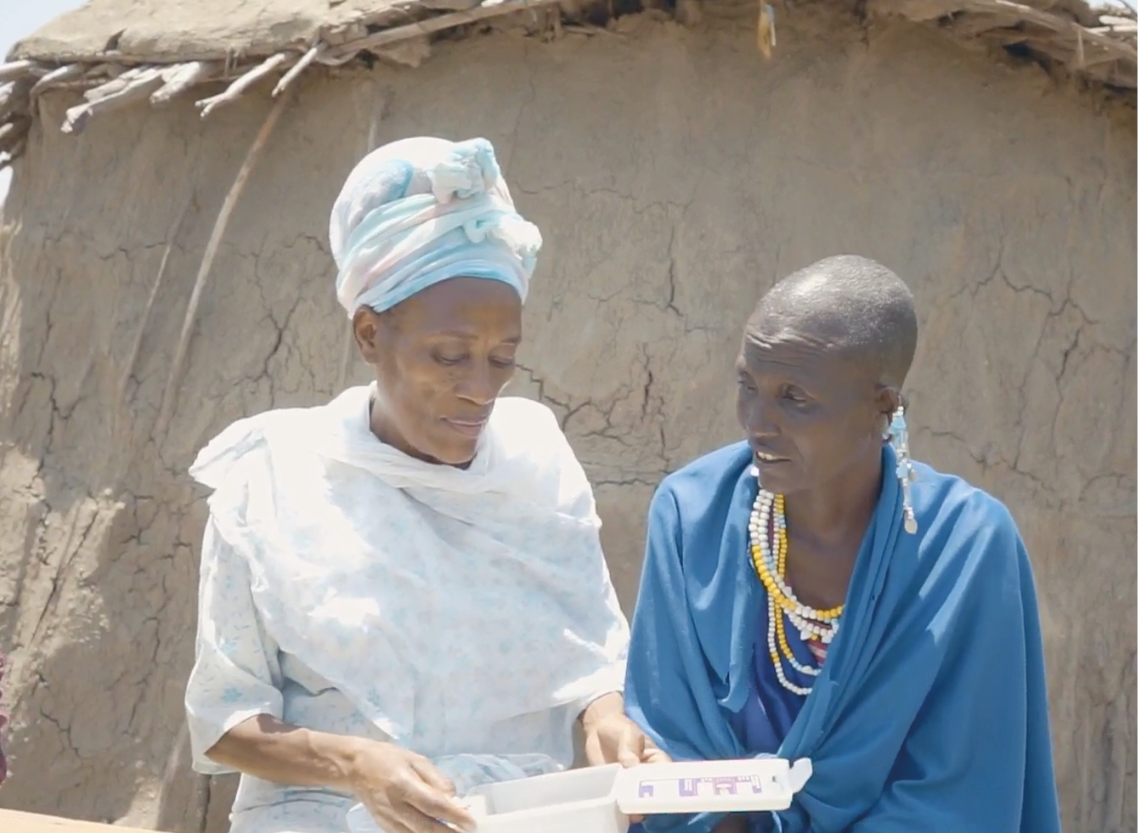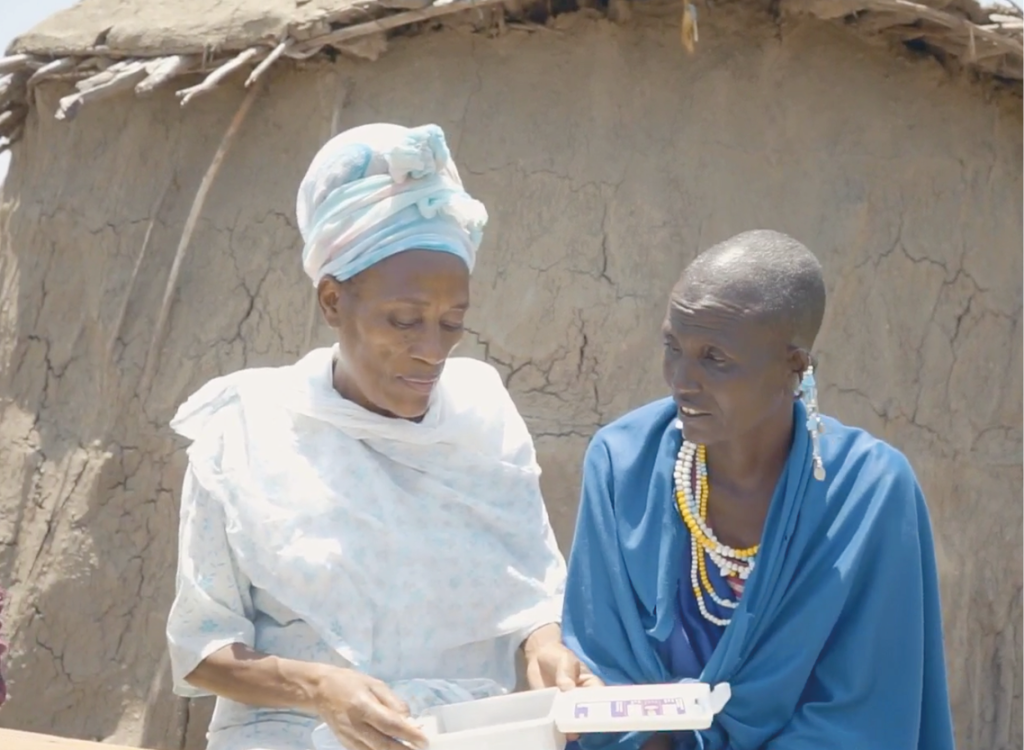A new video is published explaining the differentiated care provided by the ASCENT project in Tanzania to people on tuberculosis (TB) treatment. It shows the vital role of the health care worker (HCW) in the use of digital adherence technology (DAT) for TB treatment. DATs are digital tools designed to help people successfully complete their treatment, empowering both the patient and the HCW.
DATs record the data of the patient’s medication adherence and send it to the EverWell platform. The HCW reviews the task list in the EverWell Platform daily and provides support to patients who are having trouble with their medication adherence. When a patient misses two or more doses, the HCW calls them for support. If they cannot be reached over the phone, a HCW visits their home and identifies the difficulties the patient is having with their medication.
In the video, a HCW explains the benefits of DAT. She says the first advantage is the follow-up of patient treatment adherence. The second advantage is the reduced amount of paper work, and the third is that DATs provide the HCWs timely data, which gives the opportunity to follow-up sooner.
Watch the video here:
The Unitaid-funded and supported ASCENT project is led by KNCV Tuberculosis Foundation in partnership with The Aurum Institute, London School of Hygiene & Tropical Medicine, and PATH.

